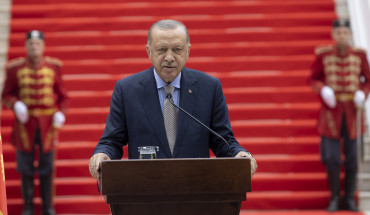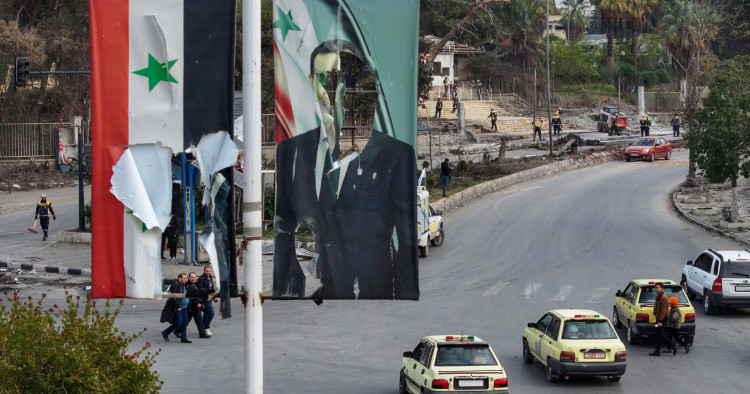Over the past week, the future of Bashar al-Assad’s regime has been placed squarely into question.
A coalition of armed opposition factions has gone on the offensive in northern Syria, capturing some 250 cities, towns, and villages and more than doubling the territory under its control. Syria’s second-largest city of Aleppo was captured in 24 hours, as Syrian regime front lines collapsed one after the other. After nearly five years of territorial lines of control being frozen across the country, these are dramatic, game-changing developments.
Yet they should not entirely be a surprise. Not only had Assad never truly "won" his country’s civil war, but his rule has also been weakening for some time. His position is more vulnerable than ever before.
Continue Reading in Foreign Policy
Photo credit: Omar Haj Kadour/AFP via Getty Images
The Middle East Institute (MEI) is an independent, non-partisan, non-for-profit, educational organization. It does not engage in advocacy and its scholars’ opinions are their own. MEI welcomes financial donations, but retains sole editorial control over its work and its publications reflect only the authors’ views. For a listing of MEI donors, please click here.












